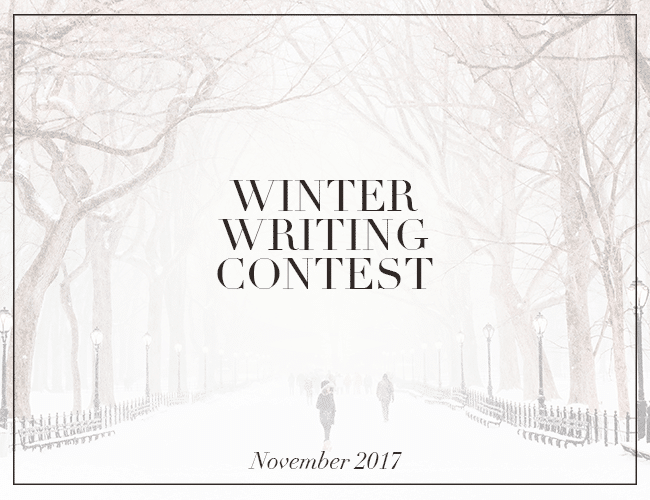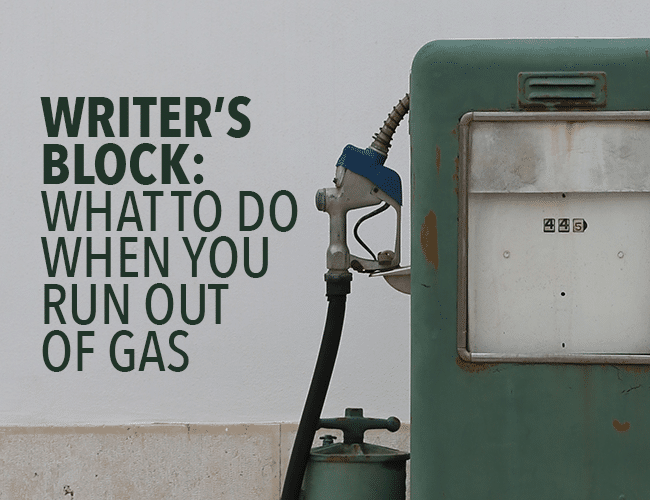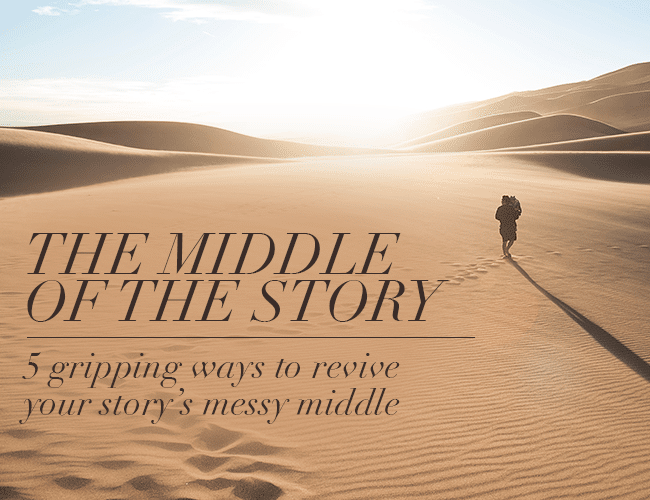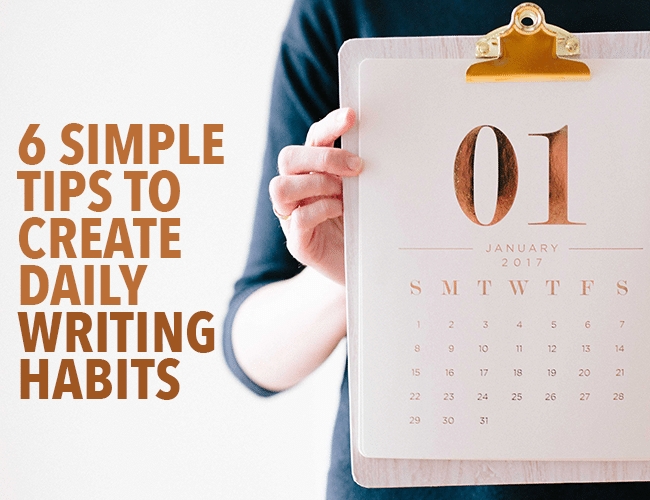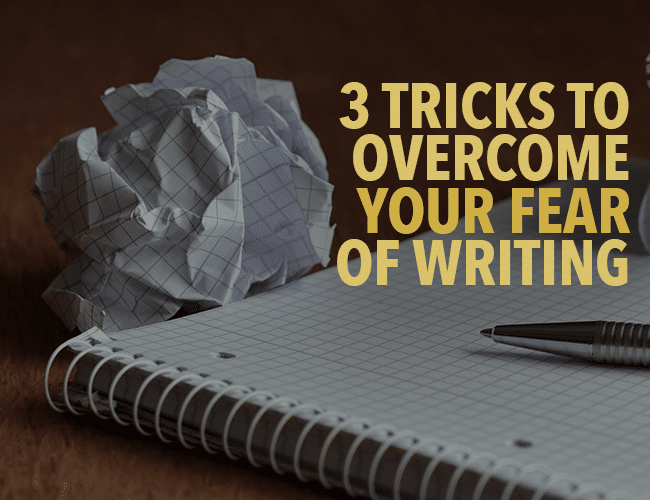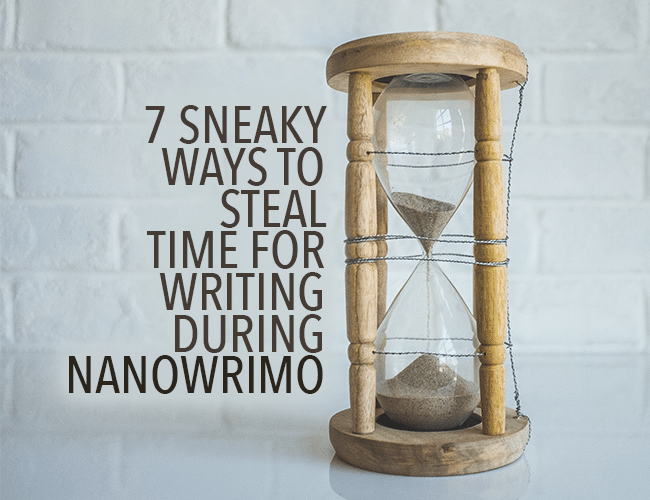This week, nearly three hundred writers submitted their stories to the Winter Writing Contest. Right now, our panel of judges is reading through each story, looking for the ones that will make it to the winners’ circle. And while they’re hard at work, I have an invitation for you, too.
Come vote on your favorite to win the Readers’ Choice Award!
